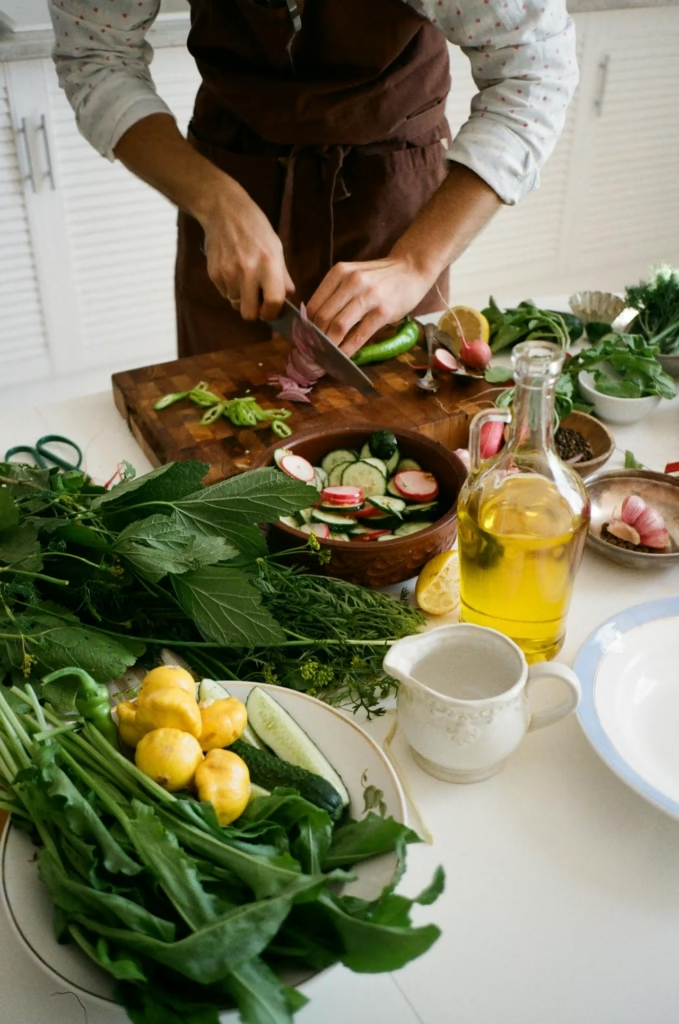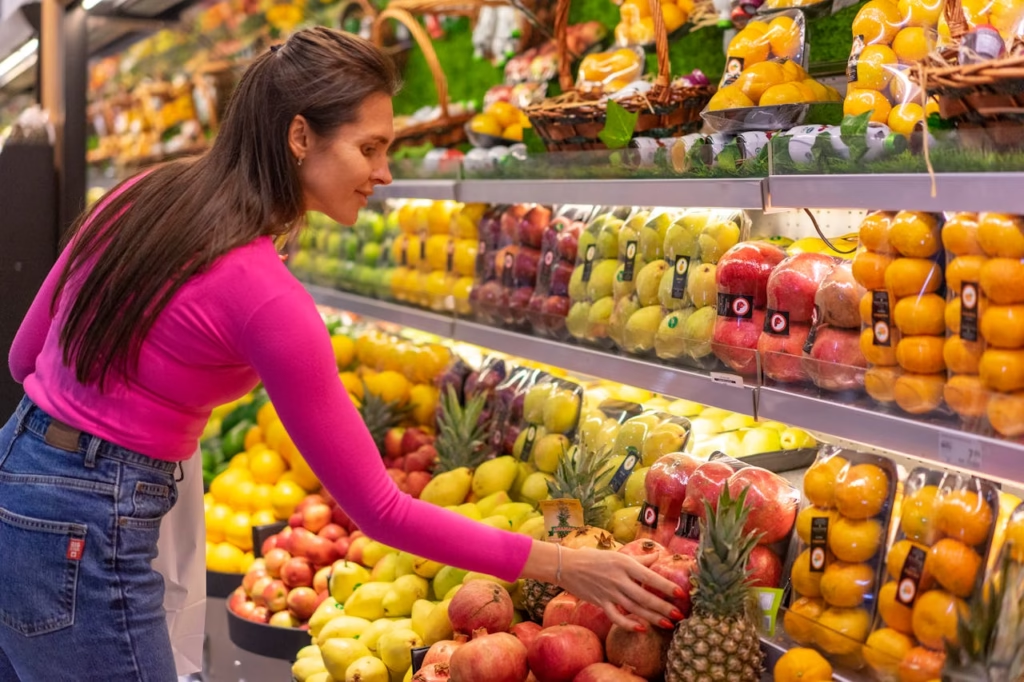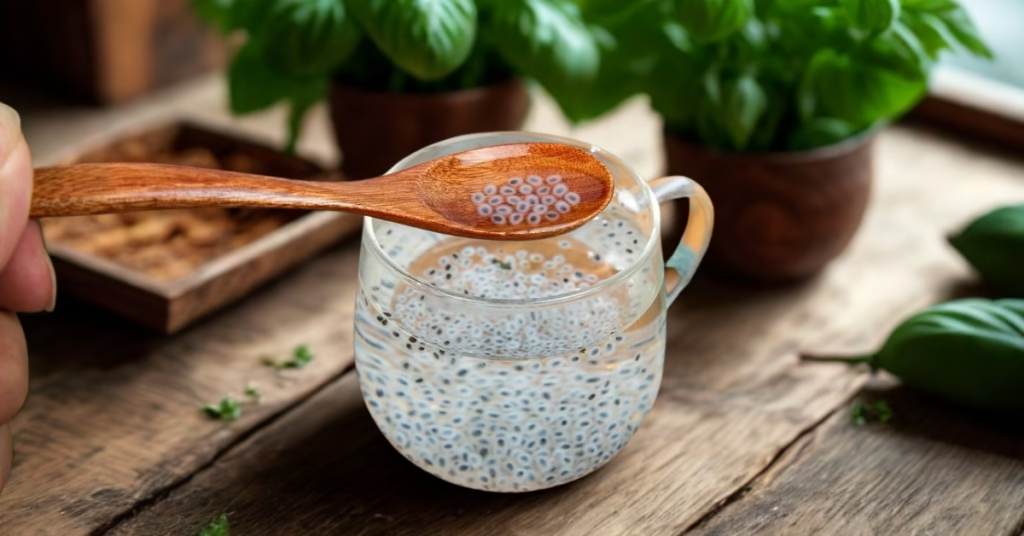It might sound controversial, but I think that we should listen to health experts less.
hear me out
Lately, the sheer volume of nutrition and health advice has become overwhelming, even for someone like me who studies nutrition and works in the wellness field.
From plant-based advocates eliminating anything processed to keto and carnivore experts focusing on insulin resistance, the conflicting messages are overwhelming.
There is so much contradicting information out there that it is making our lives more complicated than they have to be. No wonder we are all so confused, unmotivated, and stressed out. #WellnessBurnout is trending for a reason.
Why Is There So Much Confusion?
In the last twenty years, we have transitioned from information that is difficult to get to information overload. Everyone has opinions and loves to share them online, and many people are very convincing. Our brains now face a challenge they’ve never encountered before. When we absorb massive amounts of information, we need to understand what is true and just clickbait.
Here are six main reasons we need to be more selective with who we take health advice from.
1. Media & Algorithms:
Controversial opinions get more views, which fuels misinformation. A good example is the Diary of a CEO podcast, which one day features a gut health expert promoting fiber and the next, a keto advocate demonizing all carbs. If you go to their YouTube channel and inspect video titles, you will see very strong language used: “They have been lying to you about…“ “Stop using this. It’s killing you.” these foods fuel cancer,” and so on…. Boring, simple nutrition science doesn’t get views these days; you need to have something controversial in your views to get the eyeballs.
Although I love health podcasts, they are very hard to fact-check as no studies are referenced. Beyond media influence, even the experts we trust may not always give us the whole picture.
2. Experts’ Narrow Focus:
Many specialists are so focused on one field that they overlook the bigger picture. Some fantastic scientists and doctors dedicate their lives to a specific field of nutrition, which is amazing for progress and discoveries. However, when someone is so focused on something they spend their whole life working on, they become narrow-minded and might dismiss information outside their field.
Human health is complex, no single factor will make or break it. Just because you will eliminate carbs and lose some weight short term doesn’t mean you will live till 100 years old. You can eat a very nutritious and balanced diet, but you will not be as healthy if you are constantly stressed or do not get enough sleep. There is no single answer to our health.
3. Individual Differences:
Most research is based on averages, but everyone is unique. When research, such as randomized controlled trials, is conducted, the outcomes are focused on averages. Did this thing, they test work on most of the people or it didn’t? If it did for the majority- the result would be classed as it worked, but there might be people in the group with the opposite effect. What if that person is you? So, even if something might work for 99% of people, it might not suit you. As much as I am aware of the benefits of raw garlic and would love to use it, my body just doesn’t agree with it.
4. Industry & Funding Bias:
Financial incentives often influence research. This doesn’t mean that all the findings are fake or biased, but there are cases that they are. Think about it: if you are a supplement company funding the research. Will you publish findings that will decrease your sales? Or will you publish and promote something that increases your sales? I am not saying everything is corrupted, I am saying we hear about findings that make money. Research that would not benefit corporations would not get funding first of all, which is why there are limited studies on natural remedies.
5. Communication Issues:
Scientists who gain media traction may not be the best experts, just the best communicators. There are many excellent studies and scientists that we will never hear about, even if they would benefit our health. Why? Because they are not in the public eye as much as something provocative or new. Many people would find scientists discussing their findings boring, especially with the shrinking attention spans.
6. Science Changes:
What was perceived as healthy 50 years ago is not considered healthy now. Think about the tobacco industry. Doctors used to smoke inside hospitals. In the 1970s–1990s, fat, especially saturated fat, was demonized; now, we know that healthy fats (avocados, nuts, olive oil, fatty fish) are essential for brain health, hormone balance, and satiety. Diet soda and artificial sweeteners were once considered healthy alternatives. Now, we question their impact on the gut microbiome and their potential to increase cravings for sweet foods. The list goes on. With the help of AI, we will be able to discover so many new findings about nutrition that we have never even thought about.
The Consequences of Over-Reliance on Experts
Like with everything in life, it is important to stay up to date with the newest science. It is even helpful to listen to views you disagree with and question your beliefs, and double-check the information you consider facts. However, the most important thing is to listen to our bodies and try to understand them more. Now than ever, it is so easy to get caught up in trends, but healthy living should become a sustainable habit for life, not for two weeks, making you miserable.
As mentioned above, there is no one-size-fits-all all solution, and our well-being is more complex than one expert can fix it all. Our well-being depends on so many factorsincluding stress, movement, connection to others, and purpose in life.
A More Balanced Approach to Nutrition

Learning from two different nutrition schools – Dr T. Colin Campbell’s Centre for Nutrition Studies and Precision Nutrition gave me a clearer nutrition understanding. It helped me question the science taught in both schools and gave me a sense of a bigger picture. The approach to our well-being was so different. Dr T. Colin Campbell’s Centre focuses on the longevity and health of our planet, while Precision Nutrition focuses on micros and body composition more. Yet, they both emphasized the importance of other elements in life, like community and movement, to staying healthy.
It helped me realize that even if those two schools had an expert in their fields, understanding nutrition and what is good for us is different. Experts in their field are excellent and help us live much better; as mentioned before, sometimes they do lack a complete picture and can be biased.
What I have learned from both very different nutrition schools is that the most important thing is a balanced approach to our health. instead of stressing out about one thing like eating or not eating cars or fat, worrying about insulin of glucose spikes.
Conclusion: Keep It Simple & Trust Yourself
At the end of the day, no expert, influencer, or trend can replace what your own body tells you. Trust yourself, keep it simple, and focus on what makes you feel good.
YOU ARE THE BEST EXPERT OF YOUR BODY!
Feeling overwhelmed by nutrition advice? Let’s simplify it together. Reach out via email or Instagram—I’d love to help!
After I have finished writing this article, Mel Robinson’s podcast with Dr. Rangan Chatterjee called “Change Your Body & Your Life in 1 Month: 4 Small Habits That Actually Work” came out. It was amazing to hear the same points about experts and us being confused, as pointed out by Dr. Rangan Chatterjee. It is a great listen if you don’t know where to start your healthy life journey.
Updated on 05/06/2025 by Silvija Meilunaite
Silvija Meilunaite, PN1-NC, CSMC, is a certified nutrition and menopause coaching specialist who writes about midlife health, nutrition, and evidence-based wellness. She focuses on research-driven approaches to feeling better in your 40s and beyond, with a special interest in low-tox living and supportive daily habits.
- This author does not have any more posts.





